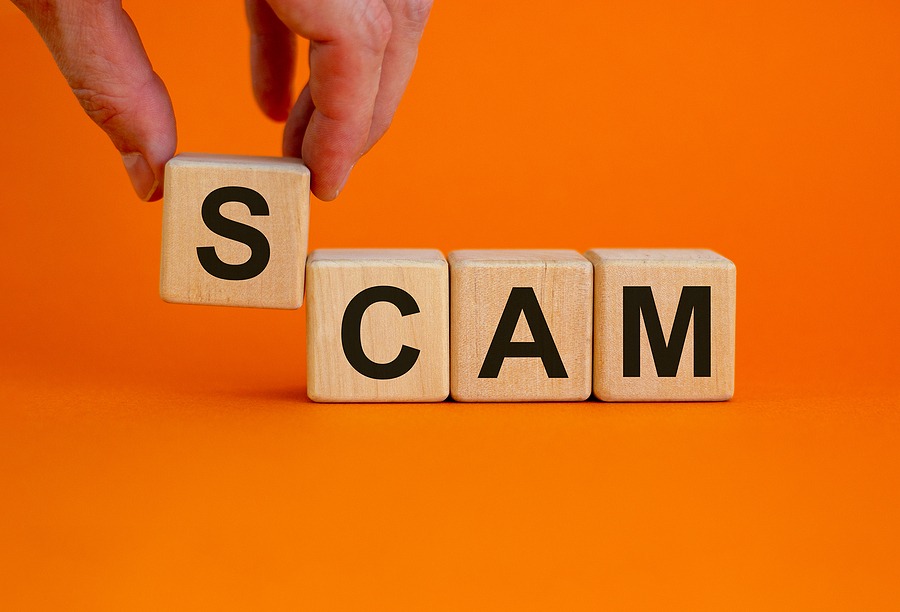Whether you’re already a homeowner, or in need of a home mortgage, there are some common scams you should be aware of. With so much on the line, it’s essential to be mindful. Otherwise, you could find yourself with some pricey regrets and hard-earned experience. Here are three of the most common home mortgage scams so you don’t fall for them.
The Foreclosure “Rescue”
When someone is about to lose their house due to foreclosure, they might be too worried to think clearly about the situation. As a result, they may be willing to take greater risks in order to stay in their home. Unfortunately, this is one of those situations that can make a person especially vulnerable to home mortgage scams, as they’re likely too anxious to stop and think things through.
When someone has late mortgage payments and is at risk of foreclosure, they will do just about anything to keep their home. Scam artists know this. They try to take advantage of the situation by misleading someone in this situation. They may promise to renegotiate the foreclosure process and put it to a stop. But, of course, they’re going to need some cash.
The takeaway here is that the only party who can stop the foreclosure process is your lender. If you’re ever struggling to make your mortgage payments, it may be possible to arrange a payment plan. Never trust anyone other than your lender if they tell you they can stop your foreclosure.
Prepayment Penalties
If there are penalties for paying a mortgage off in advance, this can be a red flag. After all, why should you be punished for being a responsible homeowner? There are certain laws that regulate how much a lender can charge, so this is worth being aware of. These fees aren’t always legal. Carefully review the loan contract before signing on the dotted line.
Loan Service Scam
It’s not uncommon for scam artists to contact a buyer and pretend to be their new loan service. They may claim that the loan is about to be transferred and request a service fee. Or, even attempt to change the address where monthly mortgage payments are sent. As you can imagine, these mortgage payments never make it to the actual lender. The homeowner doesn’t notice until the real loan service contacts them about their missed payments, but at that point it’s too late.
If you’re not sure if a phone call or piece of mail came from your lender, it’s always best to verify it directly. This can save you a lot of stress down the road.
Do You Need a Home Mortgage?
Like most people, you may think you’d never fall for a home mortgage scam, but they’re becoming more sophisticated all the time, so it’s best to be cautious.
Related Content: What Mortgage is Right For Me?: The Ultimate Guide
If you’re shopping for a new home, call Karen Douglas at (925) 648-0981. There’s a reason they call her the “mortgage genie.” You can also apply for pre-approval by clicking here.


